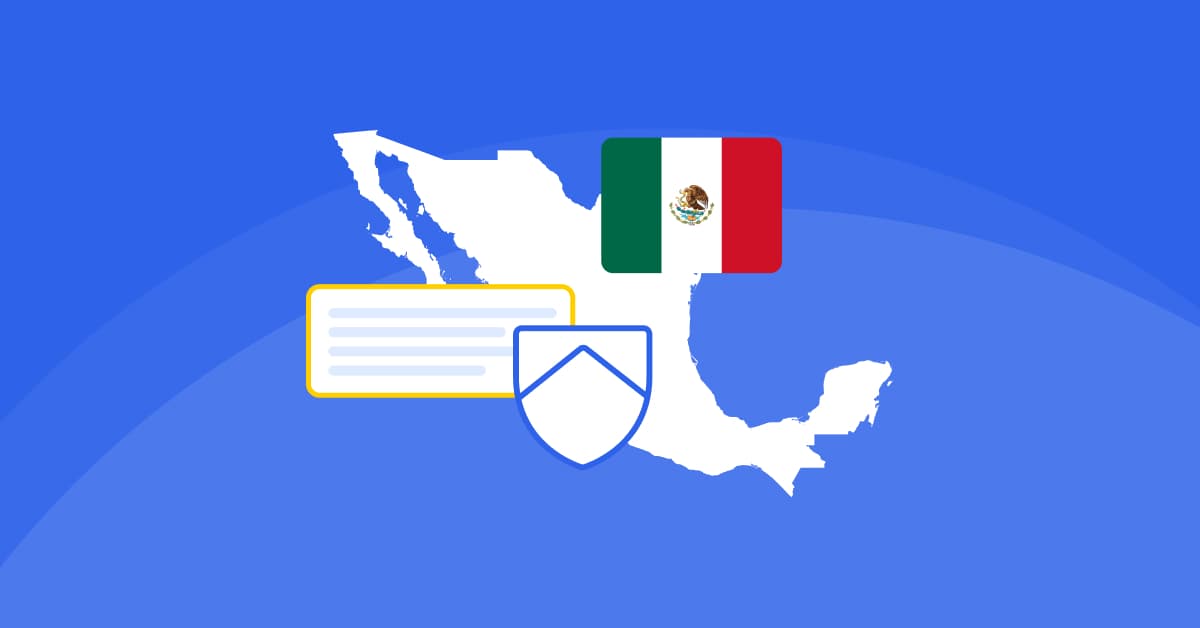Blog
Stay up to date with the latest news, tips, and other helpful information about Privacy & Compliance with GDPR and other data regulations around the world.
Categories
GDPR
Does GDPR Classify an IP Address as Personal Data?
Introduction The General Data Protection Regulation (GDPR) is the cornerstone of data protection across the European Union (EU), designed to safeguard the personal data of individuals and harmonize data protection laws among member states. At its heart, the GDPR regulates the processing of personal data of data subjects, defined as ...
Andromachi Psomiadi
June 30, 2025
Latest articles
EAA, ADA, WCAG Compliance: Key Differences for Shopify Accessibility
Andromachi Psomiadi
June 26, 2025
Introduction Web accessibility is the principle of building digital content, including websites, online stores, and ...
Shopify GDPR: Pandectes Recognized with the 2025 “Best Value” Award for Compliance Category And More
Ermis Efthimiou
June 19, 2025
Pandectes has been awarded the “Best Value” badge by Capterra in the GDPR Compliance Software ...
How Pandectes Was Rebuilt to Meet the Built for Shopify Standards
Pandectes Expert
June 18, 2025
In June 2025, Pandectes GDPR Compliance became officially BFS-certified by Shopify, marking the successful completion ...
What’s new in Pandectes 4.2.0
Pandectes
June 13, 2025
We’re excited to announce the latest release of the Pandectes GDPR Compliance app, now proudly ...
Mexico Implements New Data Protection Framework
Andromachi Psomiadi
June 2, 2025
Introduction The new federal law on personal data protection introduces significant changes to the regulatory ...
Creating a Privacy Policy for Your Email Marketing Strategy
Andromachi Psomiadi
May 31, 2025
Introduction A privacy policy for email marketing is a formal, electronic document that explains how ...
Make your Shopify Store's use of cookies and online tracking compliant today









